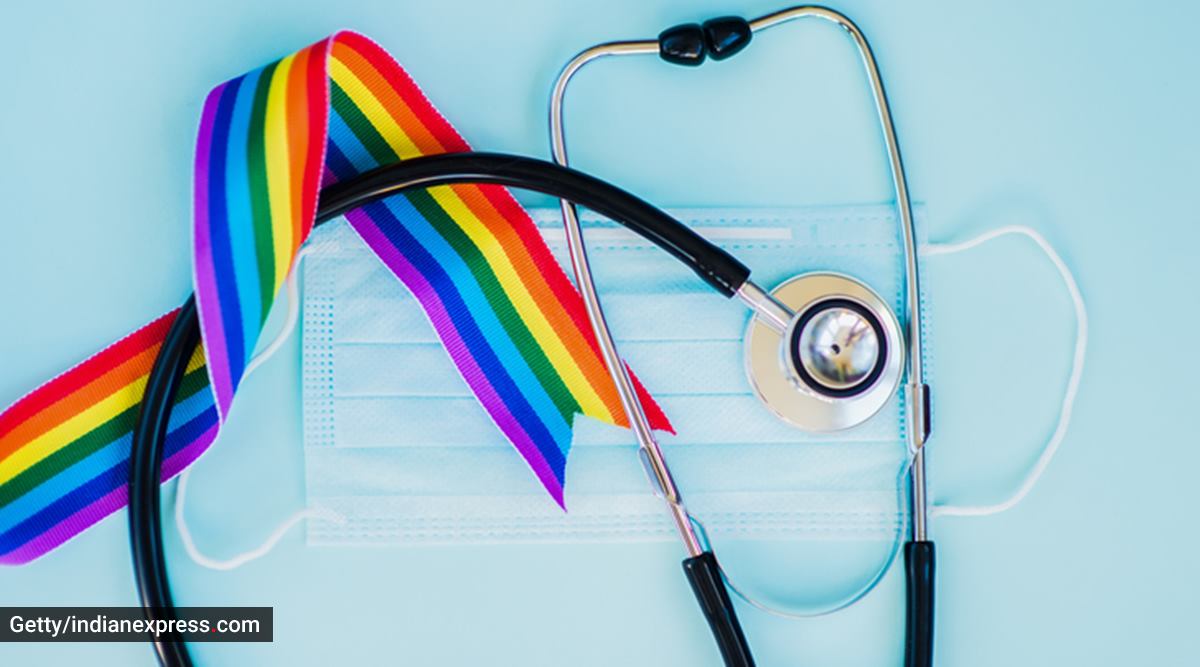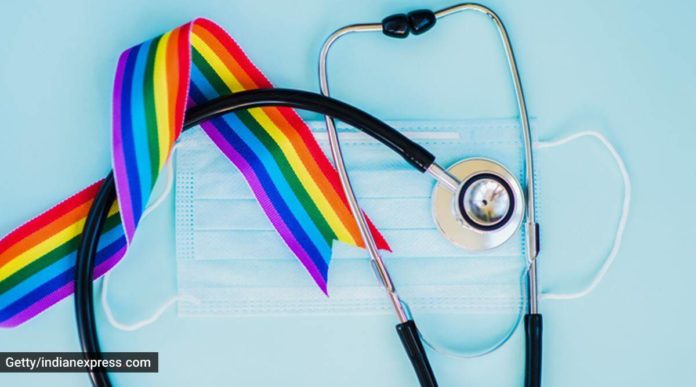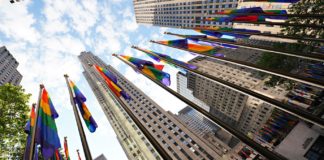
By Dr Sukriti Chauhan, Shireen Yachu and Kiran Butola
The Covid-19 pandemic and subsequent lockdown have gravely impacted the socio-economic development, public health and social dynamics of society. While many view it as a ‘great equalizer’, this assumption fails to account for how social identities impact an individual’s life.
As we celebrate ‘Pride Month’, the reality is that the LGBTQIA+ community remains on the outskirts of most narratives. Pre-pandemic, many in the community lacked proper economic and social capital, and resorted to working in the informal sector, mostly in sex work, badhai toli, and begging, which took a hard-hit last year due to Covid 19. Many lost their livelihoods, could not pay rent, were evicted from their homes, and were forced to return to their ‘original home and families’. Here, instances of violence, heightened surveillance and a lack of peer support systems make the spaces uncomfortable. The Nazaria Queer Feminist Research Group in Delhi has reported a two-fold increase in the number of calls received on their helplines, and had to increase their staffing of therapists to assist queer individuals in distress.
The focus on Covid-19 has also led to the de-prioritisation of multiple health concerns affecting community members. Many continue to live in crowded spaces, leading to a struggle in following basic Covid safety protocols. In these settings, isolation, social distancing, and sanitation facilities are rare. This is compounded by stigma and disapproval due to the identity of these members.
In terms of accessing vaccinations, community members lack proper documentation essential for vaccine registrations. According to the 2011 census, there are 4.88 lakh individuals declared as ‘others’, out of which less than 5 per cent have been vaccinated. The main reason for this is the lack of information and limited access to digital infrastructure. Further, a 2017 decision precludes transgenders, gay and female sex workers from donating blood post Covid recovery, by categorising them in high risk group.
A recent PIL lodged in the Supreme Court highlights the discrimination in the implicit decision considering a donor’s blood is tested for all infectious diseases. The decision remains testament to the ostracization faced by the community who are always viewed on the basis of their identity.
Sharing her experience as an LGBTQIA+ representative and a counsellor with the Naz Foundation, Kiran Butola highlighted that due to Covid, there has been an increase in accounts of depression, anxiety, and mental distress — with many left alone from the community, and no one to reach out to. Many members engaged in sex work, mostly comprising women and trans individuals, faced a complete shutdown, and without resources, have been left to navigate. Those who resumed work found it difficult to adhere to protective measures. To add to the challenge, government schemes have little to no focus on the needs of the community and accessing basic healthcare services is a task, with doctors not even acknowledging anatomical differences which, in turn, affects treatment. Section 377 may have been amended, but there is an urgent need to sensitise stakeholders and the community.
It is crucial that we extend basic healthcare services, provide fiscal, social, and psychological benefits to all members of the society, especially the communities most affected. There is a need to develop a central database with age and gender-disaggregated data to bring challenges of the members of the community into the mainstream narrative. This would especially help the regulation of the informal sector which engages most LGBTQIA+ community workers.
At a policy level, we find that most of them are gender-neutral, and don’t account for the specific needs of genders, making them less impactful. The pandemic reignites the requirement to adopt intersectional policies for incorporating the needs of different communities to have a better response to healthcare emergencies. Without the adoption, updating and implementation of policies at the structural level, equality would remain a distant dream.
(Dr Chauhan is a Public Health Specialist & CEO, ETI; Yachu is a Public Health Analyst; Butola, is an LGBTQIA+Trainer, Naz Foundation)
For more lifestyle news, follow us: Twitter: lifestyle_ie | Facebook: IE Lifestyle | Instagram: ie_lifestyle








